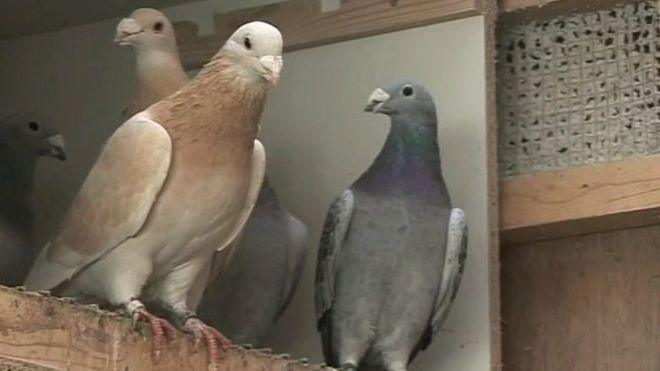Game birds filmed in crowded conditions
- Published
The BBC's Chris Rogers witnessed shocking conditions at one farm
Tens of thousands of game birds are being held in cages which can lead to injuries and premature death, a BBC investigation has uncovered.
Inside Out London discovered shocking conditions at three breeding sites.
At one farm holding 25,000 game birds, reporters found carcasses of dead pheasants, cannibalised, plucked or pecked to death by other "stressed out" birds and in crowded pens.
Shooting pumps £140m into London's economy, a recent report , externalsays.
Pheasants and partridges, used to breed chicks for shooting estates across the UK, are being confined in barren, wire mesh cages, under conditions that were made illegal for chickens in 2012.
Some of the cages at the game-rearing farms measure little more than an A4 piece of paper, per bird, and are akin to the outlawed battery cages formerly used for hens.
'Forgotten birds'
The BBC showed the footage to Professor Rob Checke, an ornithologist at the National Resources Institute.
He said: "I think that's shocking. They're under an incredible amount of stress. They can suffer damage to their feet...and top of the head."
At another farm, several decapitated birds were found hanging out of cages.
A whistleblower told Inside Out the birds had been injured or had broken their necks while trying to free themselves.
Eduardo Gonzales, CEO of the League Against Cruel Sports, external, said: "Animal welfare laws, which cover birds, have forgotten about game birds.
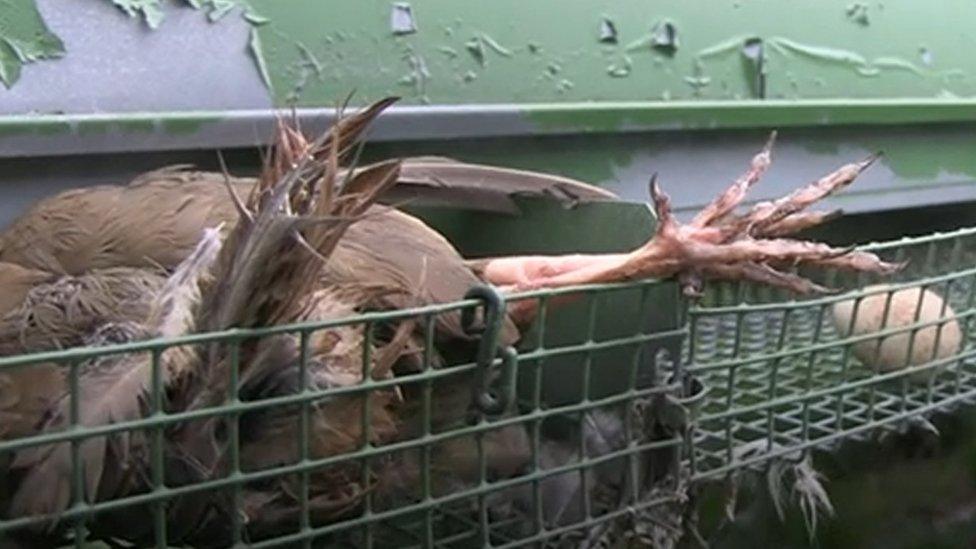
Several decapitated birds were found hanging out of cages at one farm
"They included chickens, they included other type of farms, but somehow they forgot about game birds.
"It sounds like a terrible British excuse, but that is the reality of it."

What the law states:
Game birds are given very limited protection by the Animal Welfare Act 2006
But the act does not define game birds as livestock as they are bred for sporting purposes, rather than for food.
As a result they are not subject to specific farm welfare legislation
Instead there is a code of practice that is meant to safeguard their welfare and which is enforced by an executive agency of Department for the Environment, Food and Rural Affairs (Defra) called the Animal and Plant Health Agency.
The code of practice obliges keepers to house birds in a suitable environment and provide the right diet, and expects them to be knowledgeable and competent in game bird husbandry and management techniques
The act states a person will be committing a criminal offence if they fail to take steps to ensure the reasonable welfare of the animals in their keeping. The needs of the animal include the animal's need to be protected from pain and suffering, injury and disease, its need for a suitable environment and its need to be able to exhibit normal behavioural patterns

Liam Stokes, a spokesman from the Countryside Alliance, external - a pro-shooting organisation which includes game breeders amongst its members - said it stood by "five years of research" by the Department of Environment which says the cages are appropriate for the welfare of these birds.
"There are always going to be elements of human failing within any system... but obviously, where it occurs, it is not to be defended and where it breaches the code we would condemn that."
Mr Stokes said London was at the forefront of a "booming industry" of game meat being served in pubs and restaurants.
He said: "We get a lot of...people who shoot from London coming to the countryside spending their money in that community.
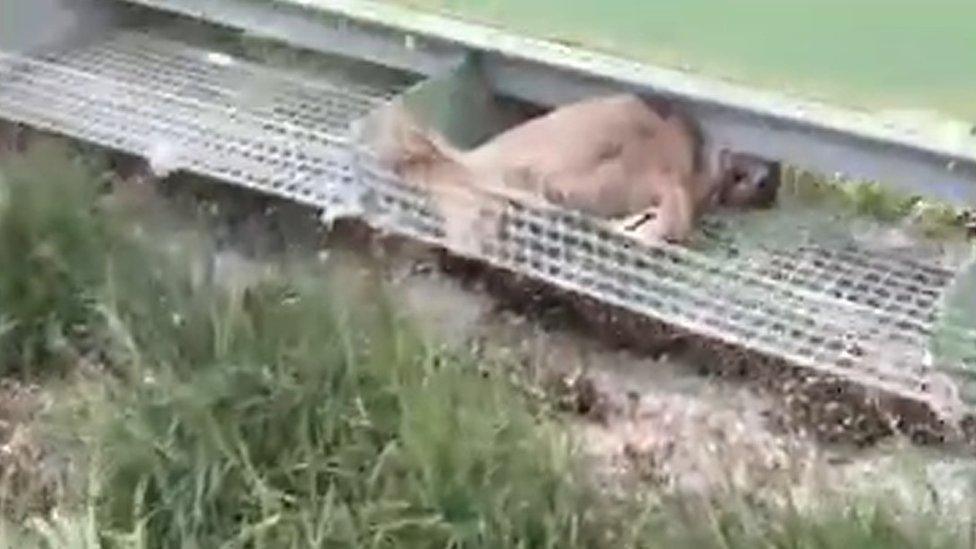
A code of practice is meant to safeguard the welfare of game birds
"In terms of game coming back to London, that is a booming industry.
"This year, game broke £1m... and a lot of that is in London's restaurants, London pubs, London hotels. It's a growing market, it's a growing trend."
A Defra spokesperson said: "The government shares the public's high regard for animal welfare and we are proud to have some of the highest animal welfare standards in the world.
"Every operational livestock farm, regardless of scale, must comply with all relevant legislation, including comprehensive environmental and animal welfare rules."
But Fiona Pereira, a spokeswoman for Animal Aid, said: "The government is not interested in the welfare of the birds … they have no idea of how many of the farms are operating within even the most basic guidelines even within the code of practice. They have literally no idea what is going on on those farms because they don't send anybody out to inspect them."
Watch the full report on BBC Inside Out London on Monday 31 October at 19:30 on BBC One.
- Published12 August 2016
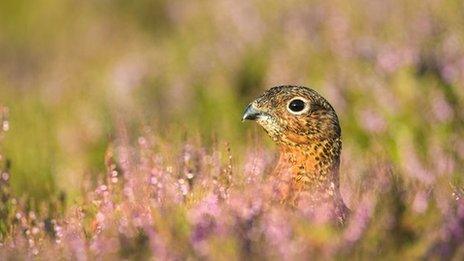
- Published8 August 2016
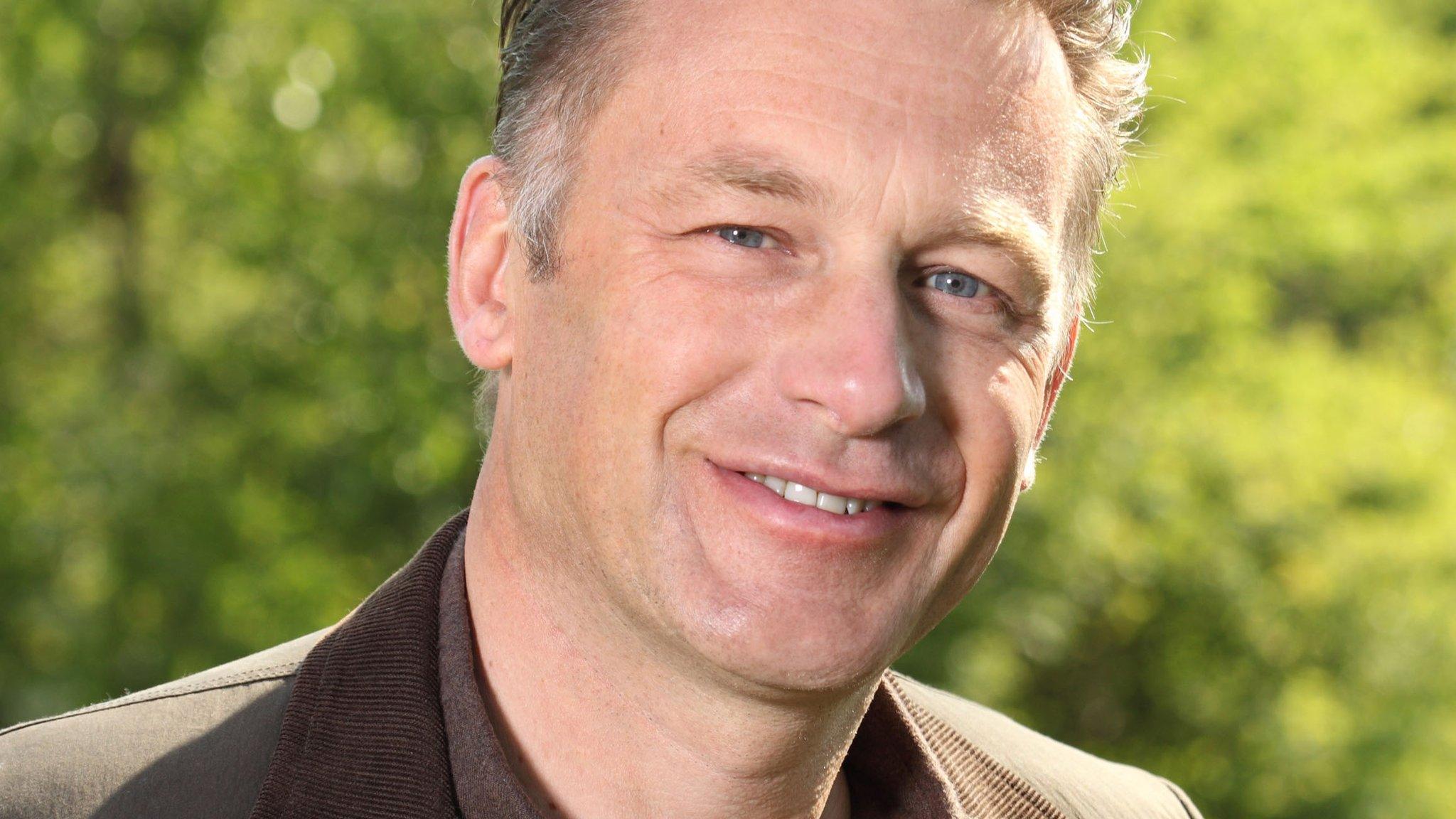
- Published17 February 2016
